After a long week, sometimes it's nice to unwind with some not-so-health-conscious food and drink decisions. Maybe you are taking a weekend trip and not planning on holding back in the diet department. This situation is very common and is sometimes a much needed break from the day to day. But is it keeping you from reaching those goals you set for yourself? If done incorrectly, these "cheat days" could cause some major issues.
Let's talk about how to bounce back after a weekend of letting loose.
I am going to start off with a little reminder. All of us need to fuel our bodies for our specific goals and sometimes we need to have a meal that doesn't quite "fit the diet."
No matter our goals, if our diet is unsustainable because it's too restrictive, we are setting ourselves up for failure! BUT a binge weekend should be a rare and extreme circumstance within the diet and should be avoided as much as possible. I totally understand that special events and holidays come up, but it's all about making the best choices in that situation so that you can reach your goals! You can do this by being mindful about what you are eating and drinking. Limit portion sizes of poor food and drink choices. Increase your water intake to fill up and stay hydrated. Limit the damage by saving some extra calories throughout the day when you know you will be breaking the caloric bank in the evening.
Now let's go over how can we put together a strategy to get back on track after one of these rare and rough weekends.
First things first: Remember that today is a new day! Instead of beating yourself up over the weekend, focus on getting back on track ASAP. If you aren't careful, your mind can be your biggest enemy and lead to reoccurring binging.
Get some sleep and drink more water! Studies have shown that lack of sleep can affect our hunger hormones Ghrelin and Leptin. Getting more sleep can help to bring those hormones back in check and help you fight off those late night cravings.
Often after an off-track weekend, we forget to keep up with our water intake and become dehydrated. This is exacerbated when drinking diuretics like alcohol and caffeine. As noted above, water can also be a great tool for reducing calories after a weekend of excess.
Some other ways to get back on track include starting your day off with a healthy breakfast, ramping up the veggie intake, making sure to get enough protein, starting the week with a workout, and avoiding skipping workouts.
Binge eating does more than just increase your calories. Binge eating can lead to GI issues, fatigue, depression, anxiety, feelings of shame, and an overall higher rate of occurrence due to feelings of "falling off track". If binges continue and become more frequent, side effects such as weight gain, obesity, high blood pressure, diabetes, sleep apnea, cancer, heart disease, and more can occur.
Let's take a look at what alcohol does to our bodies.
Alcohol contains roughly 7 calories per gram. That is almost as many as fat, which contains 9 calories per gram! On average, there are 14 grams of alcohol in a 1.5oz shot. That 1.5oz shot is equal to 98 calories! Add other sugary soda and juice mixers to make your favorite cocktail and you will likely have a fairly high calorie drink.
Alcohol effects
Brain: Short-term, alcohol can interfere with the transfer of short-term memories into long-term memories, which causes blackouts. Even retained memories may be fuzzy. Speech, judgment, physical coordination, and thinking are all impaired when a person is intoxicated. Long-term, too much alcohol can change the function of various areas in the brain, permanently impairing memory, cognition, and emotions.
Liver: Binge drinking can overwhelm the liver, so if a person suffers from alcohol poisoning, they still have several servings of alcohol in their body that have not yet been processed, which can make poisoning worse or lead to death. Long-term, people who drink too much can develop fatty liver disease, cirrhosis, alcoholic hepatitis, liver failure, and liver cancer.
Heart: Short-term, being drunk or binge drinking can raise blood pressure, change heart rate, and increase the risk of heart attacks from underlying heart conditions. Long-term, cardiomyopathy (or drooping heart muscle) will develop as well as arrhythmias, chronic high blood pressure, blood clots, and an increased risk of heart attacks or strokes.
Cancer: Alcohol abuse increases the risk of all kinds of cancer, including cancer of the stomach, liver, mouth, throat, esophageal, and breast.
Fat Storage: Alcohol is a toxin to your body and forces your body to focus on getting rid of it before all else. This can lead to storing calories as fat due to your bodies immediate need to rid itself of the alcohol.
Other effects:
Increased skin breakouts
Higher levels of stress or anxiety
Extreme fatigue or sleep disturbances
Inflammatory reactions inside the body, causing digestive problems
Increased chronic pain from inflammation
Dehydration
Salt imbalance that can increase the risk of seizures
Erratic blood pressure
Muscle weakness
Headaches
Increased mood swings
Depression
Hinder Testosterone production
As you can see, one fun weekend can create a habit if you let it and that habit can really wreck your progress. Balance is very important when it comes to staying on track. Falling into the traps of excessive restriction or off-diet binges can create problems that are harder to bounce back from than just sticking to your diet would have been.
This is why all of us at Relentless Fitness push sustainability! If you can find something that is sustainable when it comes to diet your chances of success go up exponentially!
If you need help with finding what works for you just let us know.






